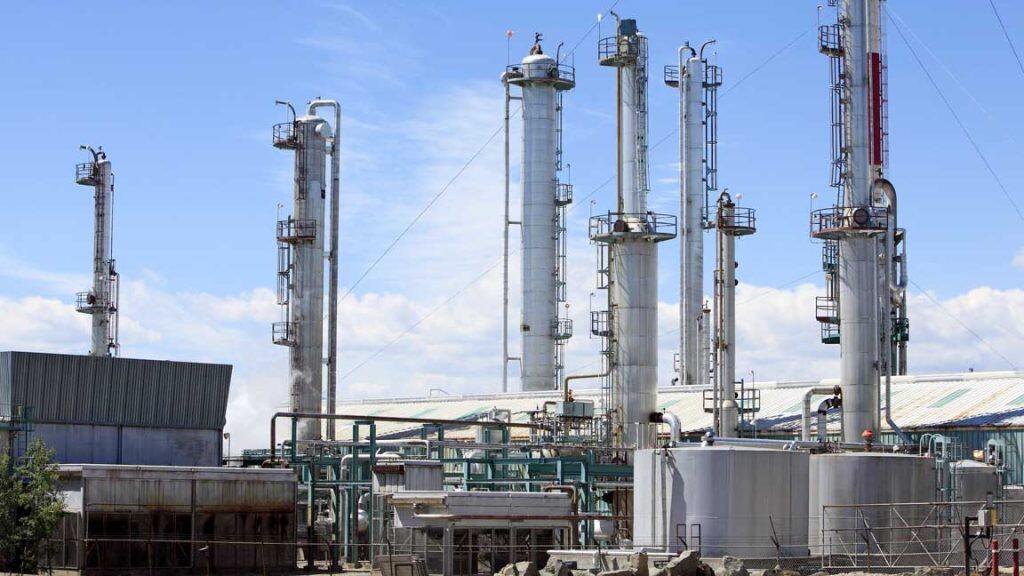

Experts expect energy costs to keep rising in several countries. For example, Britain’s cap on domestic energy prices will likely increase by 70 per cent in October and remain high until at least 2024. Xianguo Li, professor in the Department of Mechanical and Mechatronics Engineering at the University of Waterloo, answers questions about the state of Canada’s energy security.
What has prevented Canada from experiencing a massive spike in energy bills, as seen in countries such as England?
Canada is fortunate to have a vast land mass with abundant natural resources, including energy. As a result, Canada has diverse and reliable energy resources, both renewable and non-renewable, such as traditional oil and gas, coal, nuclear-using uranium, and renewables like hydro, solar, wind, tidal and biomass. In the past many years, Canada has also been positioned for the energy transition to clean and sustainable energies based on local energy resources like solar and wind, reducing the impact of international energy price fluctuations. As the world’s fifth-largest energy producer and the eighth-largest consumer of energy, Canada has sufficient energy resources to provide a buffer to the international energy price spike. However, as a market economy, Canada is influenced by the changes beyond our borders. Therefore, mechanisms and policies must be in place to prevent Canada from being drastically influenced by international markets and events.
What can Canada do to prevent a massive spike in energy bills?
Canadians have already been seeing significant increases in energy bills, be it hydro bills or gas prices at the pump. To prevent a drastic rise, we need to decarbonize the energy sector; the use of traditional fossil fuels needs to be reduced, while non-carbon-based fuels and energy resources like renewables are being promoted. However, traditional fossil fuels are cheap and reliable, and related infrastructure is already functional and available. To transition into sustainable energy systems, new infrastructure needs to be built, and operation and maintenance practices and protocols need to be developed and established.
How can Canada improve energy security?
Canada’s diverse mix of non-renewable and renewable energy and as an energy export nation provides energy security compared with many other energy-import nations. However, energy security in Canada can be improved by further diversifying energy resources and harvesting and using local and regional energy resources, especially renewables like solar and wind, with smart energy systems for energy harvesting, distribution and consumption.
Another issue is the low energy intensity in Canada, which should be improved substantially to reduce total energy demand considerably. Canada’s per capita energy consumption is ranked among the highest in the world, almost three times that of the United Kingdom, indicating substantial room for improvement in the reduction of energy demand. This can be accomplished by changing daily routines, such as setting higher building/room temperature in the summer to reduce the use of air conditioning and lower temperature in the winter to reduce heating requirements; improving building/house insulation is another measure that we can take.
Also, transitioning to more renewables and improving energy intensity will significantly help Canada to achieve its emission reduction target of 40 per cent below 2005 levels by 2030 and net-zero emissions by 2050.



































